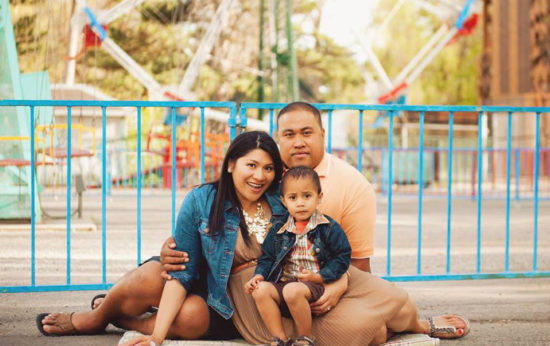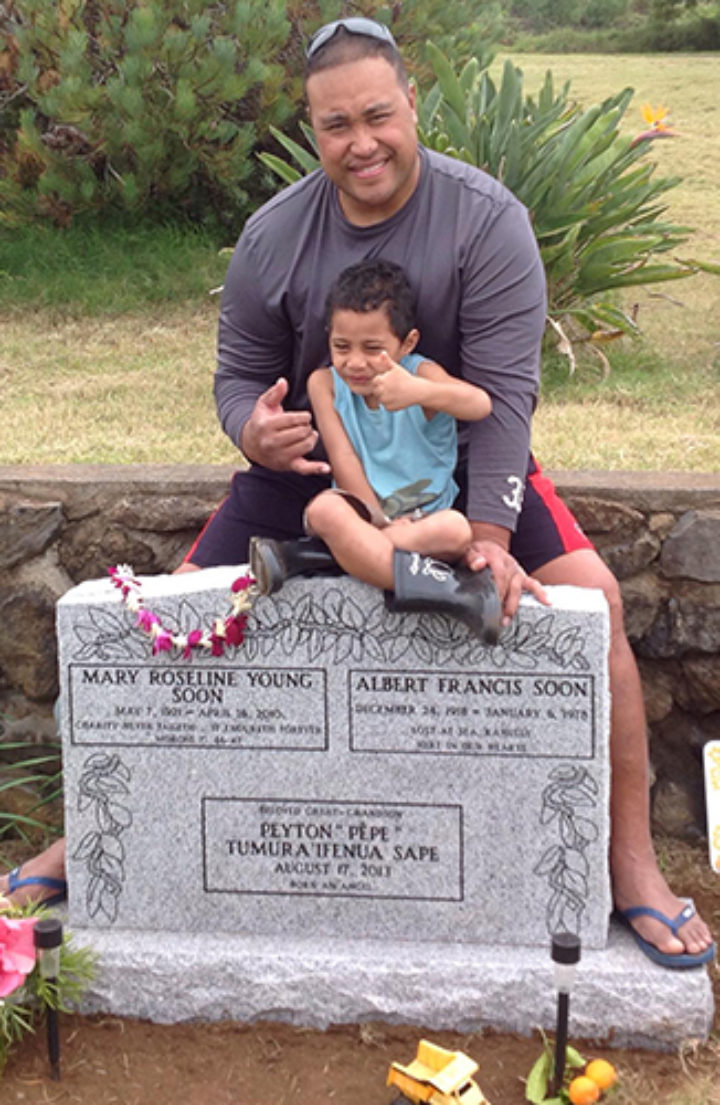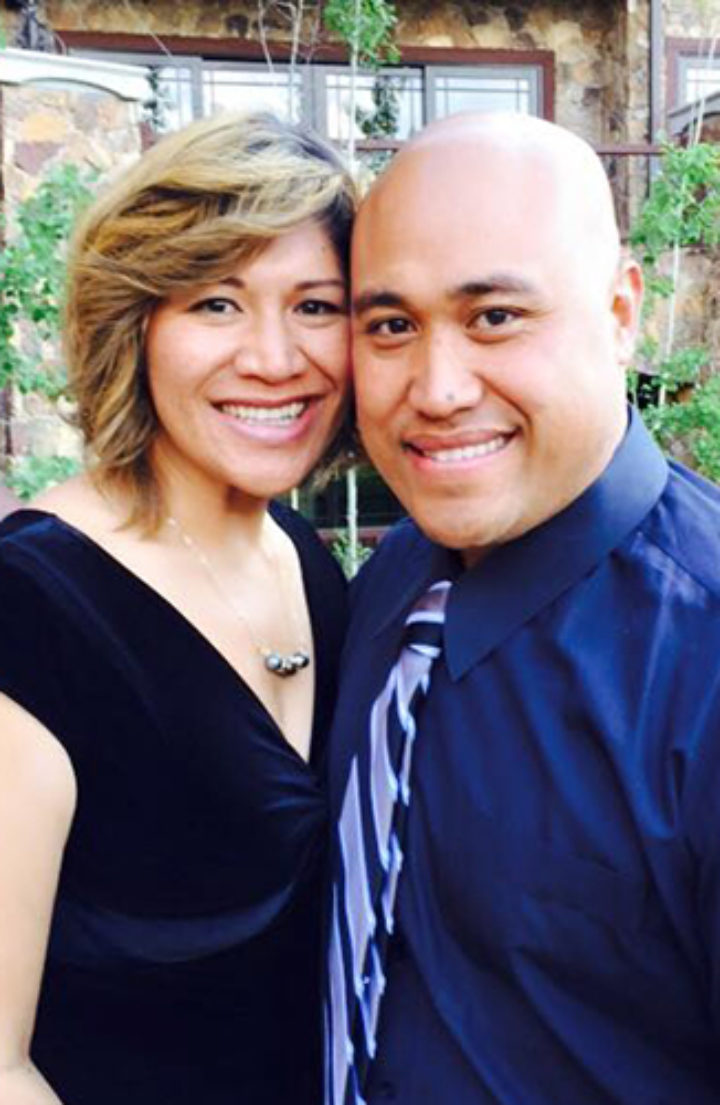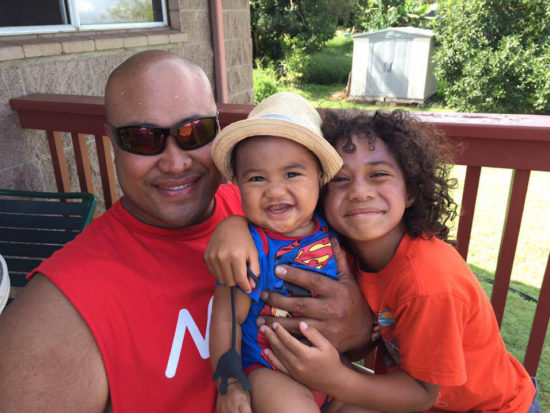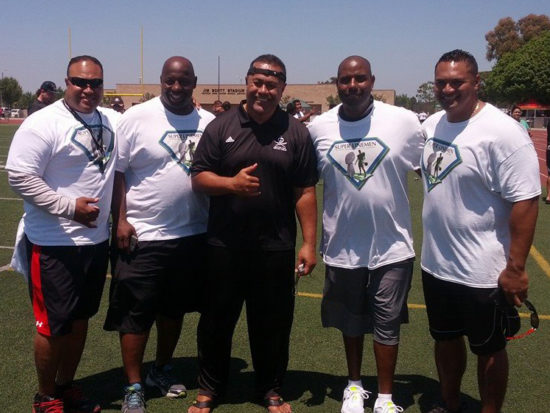I think the biggest challenge I was faced with was finding myself. Figuring out who I was going to be. I tried to ask myself, "Who is Sape really going to be after this?" And, I just couldn’t find that answer. I was completely lost. I tried to apply for jobs. I tried to sit with the reality of the world. I tried a lot, but I just felt like I was being pushed away.
See, I was abused when I was young, from the time I was six years old until I was thirteen, but I found an escape in football. I could go on that football field and focus all my energy on it. I discovered football was really something good for me, and I pursued it really hard, but I was pushing down anger over what had happened to me the whole time I was playing.
Playing football actually worked out well for me, I could go to school, and I met my wife. A lot of my family members don’t know what happened, and it’s been a secret that weighed on me for so long. I carried that anger with me that whole time. When football stopped, I couldn't ignore the anger anymore.
Then about three years ago, during the time I was facing challenges in my transition, my wife and I were trying to conceive a child and we finally had a baby but he was a stillborn and it was like everything went downhill again. It just felt like my body was deteriorating more and more, and I couldn’t understand why. I kept asking myself, "Why was I thinking this way, why am I not happy, why am I depressed?" I didn’t know anything about depression and anxiety and I didn’t know that I had gotten really angry at the world, and I was very suicidal. I didn’t care about what was going on around me, it didn’t matter anymore.
After the loss of our son, it was like everything continued to get worse for a while. I started withdrawing from my friends, I didn’t talk to anybody anymore, and I didn’t trust people either. Then last year, everything got so bad where I finally wanted to end my life. I was driving, and looked at the dashboard and saw the picture of my son that we had adopted, my first son, and it saved me. My kids and my wife had been saving me.
